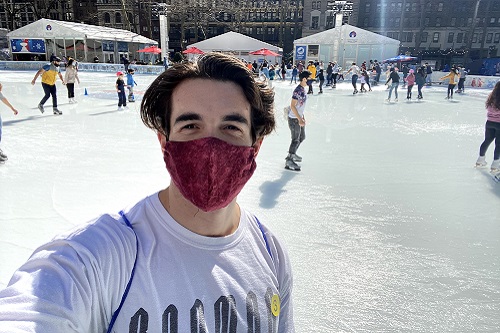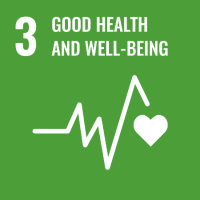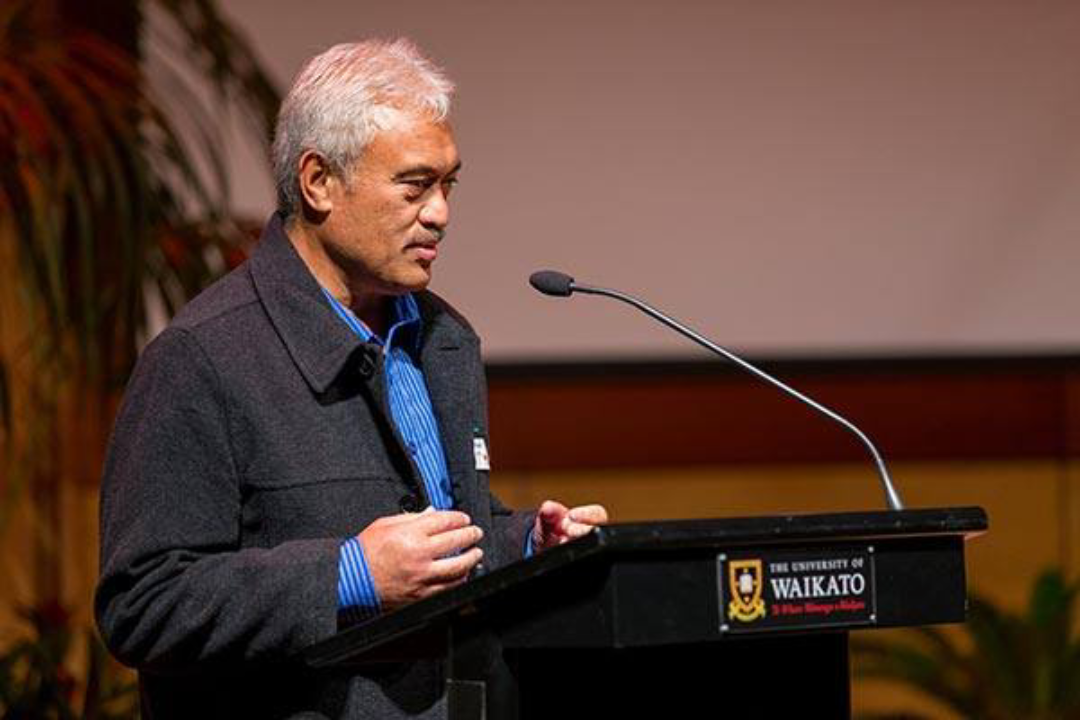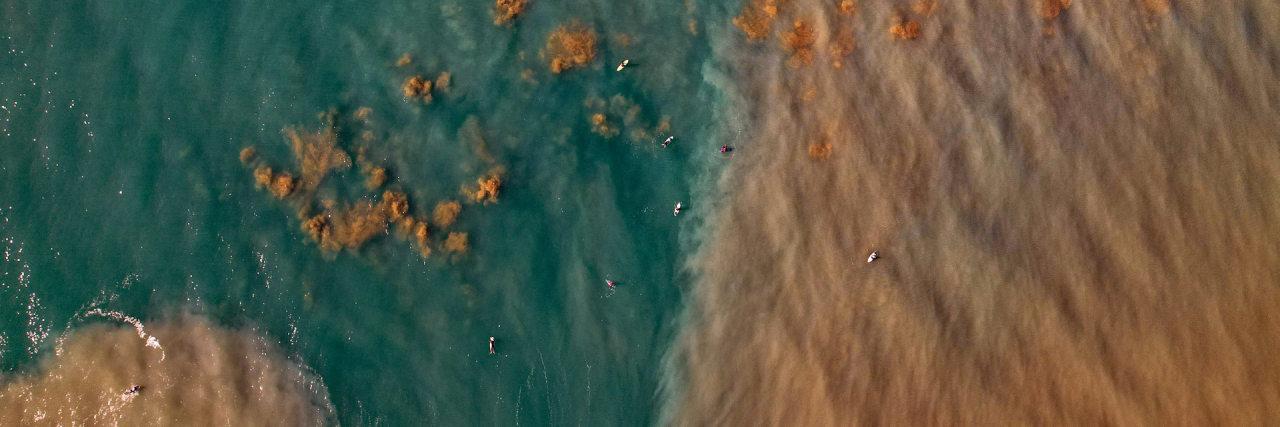Rhys Compton, originally from Morrinsville, started his MSc at New York University in January this year, after being awarded a Fulbright Scholarship in 2020.
 He says he applied for the Fulbright Scholarship to broaden his experience and was motivated to do something useful with his career, not just be successful.
He says he applied for the Fulbright Scholarship to broaden his experience and was motivated to do something useful with his career, not just be successful.
“There’s a quote by an Austrian Management Consultant, Peter Drucker. It says people spend a lot of time worrying if they’ll be successful when the real question is, how can they be useful? It’s a quote that has always motivated me,” says Rhys.
The Fulbright award enables New Zealand academics or professionals to lecture or carry out research in the United States. Rhys’ MSc will run over two years and includes the opportunity to intern and gain work experience from leading companies in the United States, like Philips Healthcare, which is already using machine learning in health applications.
“I wanted my masters to focus on machine learning and AI applications in health and biotechnology. There is so much room to make our health systems more efficient for patients and doctors, and machine learning and AI will be at the core of this,” says Rhys.
Rhys says while machine learning will never replace doctors or specialists, it can be developed to aid them in their roles, from helping General Practitioners triage patients, to building apps where people can enter their symptoms and be given a baseline diagnosis or direction to see a healthcare provider.
“I applied for the Fulbright Scholarship because I wanted to broaden my experience and I knew I wanted to come to New York University because Dr Yann LeCun is based here. He’s considered one of the pioneers of modern deep learning internationally, so it’s a privilege to have the chance to work under him.” says Rhys.
Rhys had already been recognised for his BE (Hons) work at Waikato, before applying for the Fulbright Scholarship. As part of his Honours study, Rhys developed a process for training an algorithm that identifies what pieces of computer code do, even when the code is partially scrambled.
He says originally the algorithm would focus heavily on the names, which is fine when names are correct, but in reality, different programmers may name things differently. He advanced an existing data mining algorithm scrambling the input used to build the algorithm, forcing it to look at other fundamental features of code to find meaning in the code.
Rhys says as an example, a computer virus detection algorithm may look at code to decide if something is a virus or not. If the algorithm focused too heavily on names in the code, the virus protection would be ineffective because it would be easy for virus names to be changed.
Rhys says his paper was accepted to be presented at a virtual data mining conference in Seoul, South Korea last year, after the physical conference was cancelled due to Covid-19 travel restrictions.
He says he would encourage other students thinking of applying for the Fulbright Scholarship to get their application in. The Fulbright award is open to graduate and postgraduate students in both New Zealand and the United States.
“At the time I remember thinking it seemed like an insurmountable task, going up against all of New Zealand to win one of the scholarships but the scholarship office at Waikato Uni was so helpful.”
“If you have interesting or meaningful research you want to pursue, then Fulbright New Zealand wants to hear from you. They are always looking for more people with a passion for their field.”
This research aligns with the following United Nations Sustainable Development Goals:




